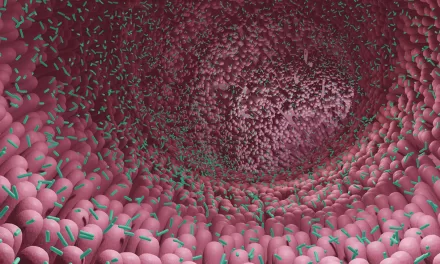
Researchers in the United States have pinpointed a peptide associated with heavy alcohol consumption, offering a potential target for therapies addressing binge drinking.
Alcohol stands as the most prevalent addictive substance globally. Over 14 million individuals in the US grapple with alcohol use disorder, yet effective treatments remain limited, with only three moderately successful pharmacological options available.
Long-term exposure to alcohol triggers significant neurological changes, particularly in specific brain areas, involving stress-related neurotransmitters. These alterations perpetuate excessive drinking behaviors.
The “bed nucleus of the stria terminalis” (BNST), a brain region crucial in stress responses and pathological alcohol use, was the focus of the study by researchers at Boston University Chobanian & Avedisian School of Medicine. They identified a peptide, pituitary adenylate cyclase activating polypeptide (PACAP), linked to heavy alcohol consumption, operating within the BNST.
Using an established model for heavy, intermittent alcohol intake, researchers noticed heightened levels of the stress-related neuropeptide PACAP during withdrawal in this model, specifically within the BNST, compared to the control model. Similarly, an increase was observed in another stress neuropeptide, calcitonin gene-related peptide (CGRP), closely associated with PACAP, despite their less established role in alcohol addiction.
In their publication in the eNeuro journal, researchers employed a viral technique in a transgenic model to impede the neural pathways carrying PACAP specifically to the BNST. Valentina Sabino, co-director of the School’s Laboratory of Addictive Disorders and Professor of pharmacology, physiology & biophysics, noted a significant reduction in heavy ethanol drinking upon inhibiting PACAP to the BNST.
The findings suggest that PACAP plays a pivotal role in the addictive nature of alcohol, presenting a potential target for novel pharmacological interventions, as mentioned by Pietro Cottone, Associate Professor of pharmacology, physiology & biophysics and co-director of the Laboratory of Addictive Disorders.











